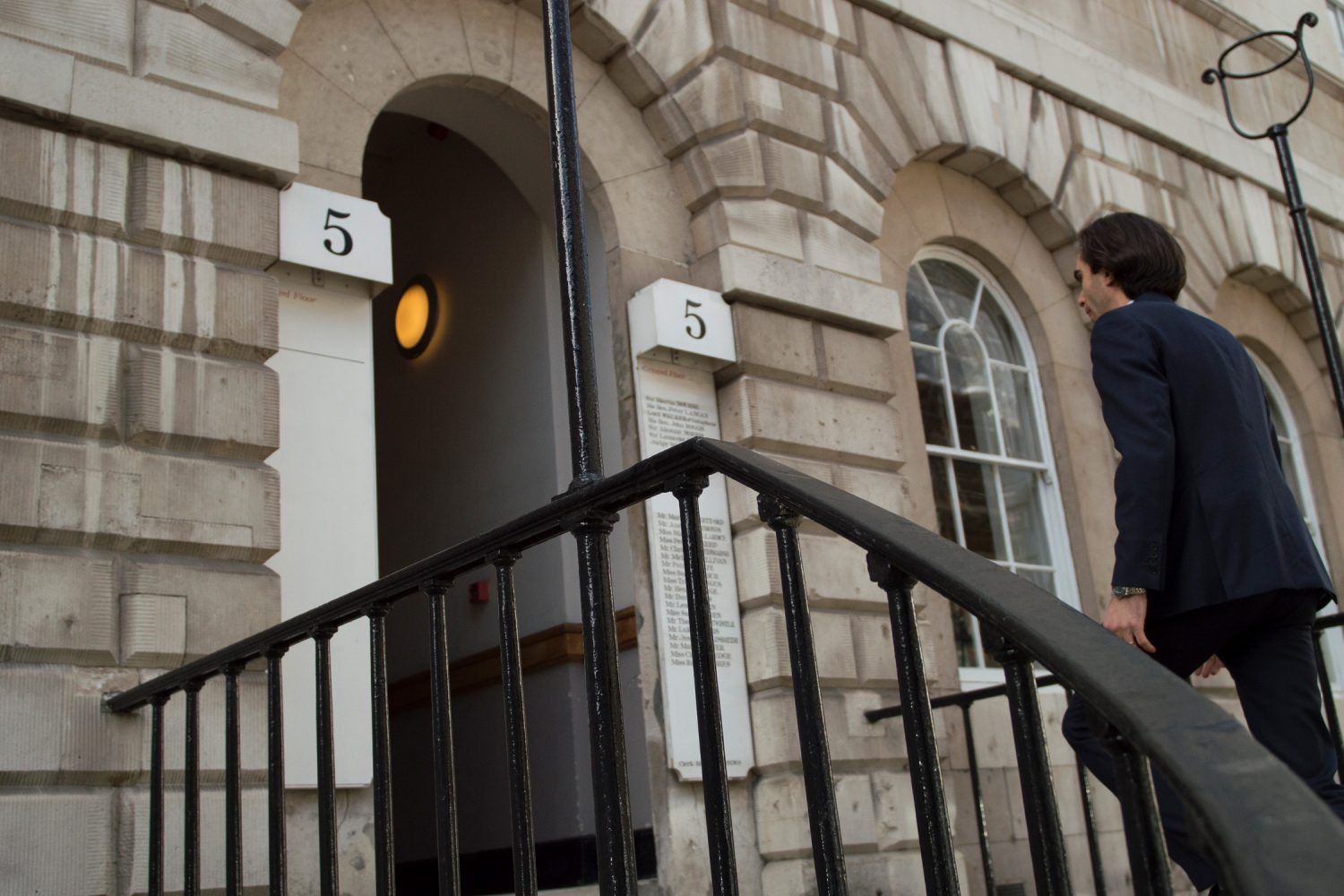Mark Blackett-Ord and William East appear in High Court will forgery claim
Deputy Master Bowles has handed down judgment in the case of Sangha v The Estate of Diljit Kaur Sangha & Others [2021] EWHC 1599 (Ch).
The trial, which took place from October to December 2020, involved two separate claims following on from the death of Hartar Sangha (‘Hartar’), an Anglo-Indian businessman, in 2016.
The claimant in the first claim, Jaswinder Sangha (‘Jaswinder’), underwent a marriage ceremony with Hartar in India in 1992. She contended that a Will made by Hartar in 2007 (‘the 2007 Will’), which gave his substantial English and Indian estates to her absolutely, was his last valid Will. This probate claim was defended by Hartar’s children Sundeep Sangha (‘Sundeep’) and Mandi Vanderpuye (‘Mandi’), and the estate of their mother Diljit Sangha (‘Diljit’) (Diljit died after Hartar during the course of the proceedings). There remains a live dispute between the parties as to whether Hartar was validly married to Jaswinder, as for many years previously to 1992 he had held himself out as married to Diljit and no divorce proceedings took place prior to his marriage with Jaswinder.
Sundeep and Mandi contended that the 2007 Will was invalid due to (1) forgery or alternatively (2) lack of due execution. They contended that an earlier Will from 2003 applied only to Hartar’s Indian estate, and that a Will made by him in 1979 (which gave everything to Diljit, Sundeep and Mandi) was his last valid Will in relation to his English estate.
Midway through the proceedings, Hartar’s sister Jagpal Sangha was joined as a further defendant as she had produced a Will made by Hartar in 2016, which revoked all previous Wills and divided his Indian estate between Sundeep, Diljit, Harbiksun Sangha (his son with Jaswinder) and Jagpal in equal shares. Jaswinder alleged that this Will was a forgery or alternatively that the revocation clause did not revoke the 2007 Will as regards the English estate. Sundeep and Mandi were neutral as to whether the 2016 Will was valid, but, if it was, they contended that it revoked all previous Wills, including the 2007 Will if valid, such that there was an intestacy of the English estate under which they would benefit.
Following a hybrid trial over 10 days, part of which was held in court in person and part which was held online with witnesses appearing from India, the court held:
- That the 2016 Will was valid and was not a forgery;
- That the 2016 Will revoked all previous Wills, including the 2007 Will, which was a valid Will;
- As a result, there is an intestacy of the English estate from which Sundeep, Mandi and Harbiksun will benefit. Further directions will now be given in order for the court to determine whether the surviving spouse for the purposes of the intestacy rules was Diljit or Jaswinder.
The value of the Indian and English estates combined may be in the region of £35m.
The proprietary estoppel claim
A further claim had been brought by Jaswinder against Sundeep alone, under which she sought declaratory relief that he had no legal or beneficial interest in a property in Brentford which had, prior to Hartar’s death, been in the joint legal names of Hartar and Jaswinder. She further sought injunctive relief preventing Sundeep from interfering with the property.
Sundeep counterclaimed for a declaration that he was the sole beneficial owner of a number of valuable properties, including the Brentford property, which had been in the joint names of Hartar and Jaswinder prior to Hartar’s death, and which Jaswinder alleged had passed to her by way of survivorship. Sundeep alleged this on the basis of the doctrine of proprietary estoppel. He contended that Hartar had promised him that he would inherit his UK estate and he had relied on those promises to his detriment by working for Hartar’s business for very little reward in return. He further argued that the equity which had arisen in his favour bound Jaswinder’s interest, as it had arisen prior to many of the properties being placed in joint names.
The estoppel claim was rejected by the court; the court held that although promises had been made by Hartar to Sundeep as alleged, Sundeep had not relied on them to his detriment, or alternatively any equity he had was more than satisfied by sums he had received from Hartar prior to Hartar’s death.
The bankruptcy
During the proceedings it emerged that prior to his death, Hartar had gone bankrupt, although the bankruptcy had later been annulled by means of payment of the petition debt by Sundeep. The properties which were in the joint names of Hartar and Jaswinder (and worth in excess of £9m) were held on beneficial joint tenancies, which the court held, in accordance with long-established case law, were severed by virtue of the bankruptcy. However, the court also needed to decide whether the annulment of the bankruptcy made any difference to this conclusion, a point on which there was no previous authority. The court agreed with Sundeep, Mandi and Diljit’s estate that the annulment did not make any difference to the severance, and that Hartar’s share of the properties passed into his estate.
Other points decided by the judgment
There are a number of other significant legal points decided by the judgment of Deputy Master Bowles, including in relation to the burden of proof in will forgery claims. Deputy Master Bowles held in accordance with the recent decision of Face v Cunningham [2020] EWHC 3119 (Ch) that the burden of establishing due execution of a will (which lies on the propounding party) carries with it the burden of establishing the authenticity of the will. However, this has to be seen in the context of the allegation of forgery, and the high evidential burden which those advancing such an allegation must overcome.
The judgment can be found on BAILII here.

